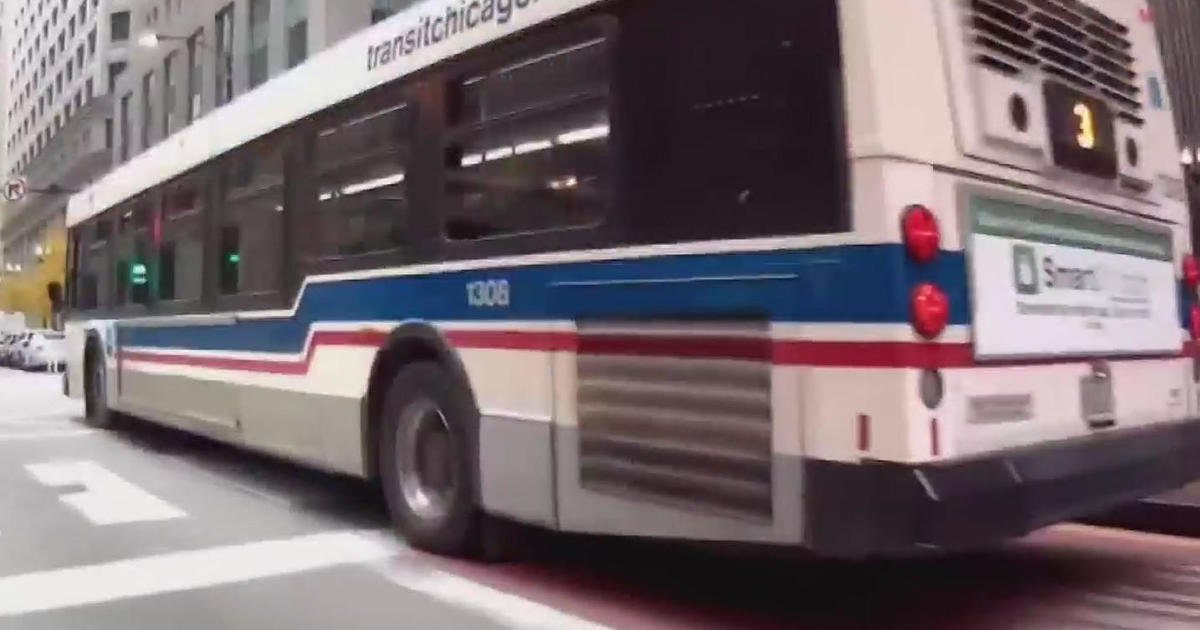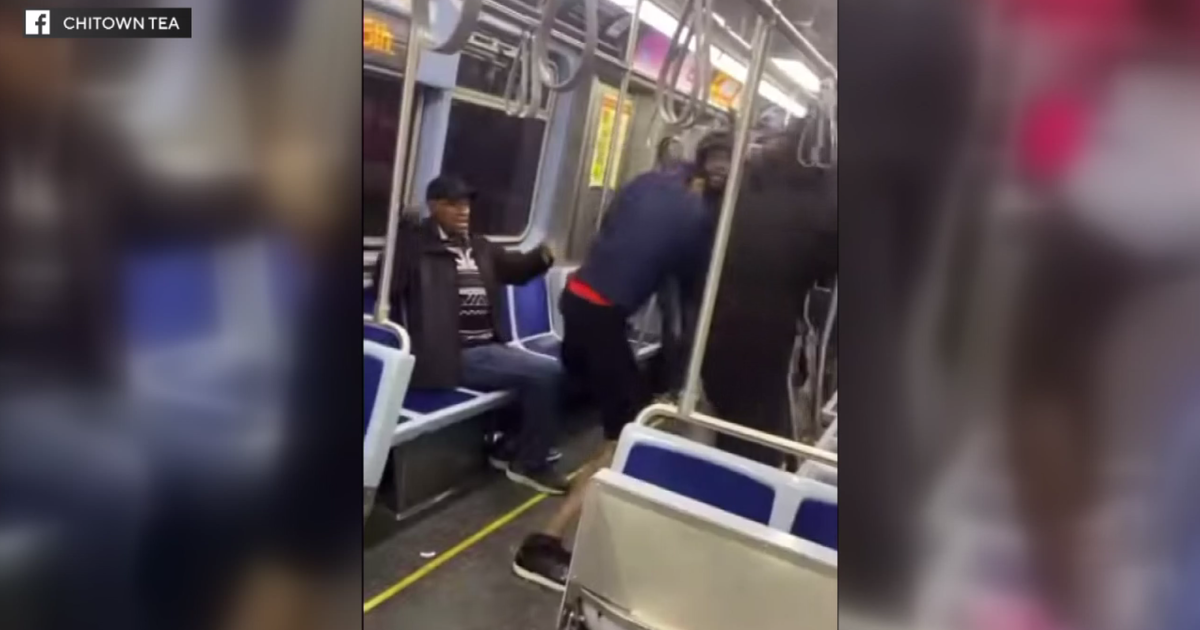New CTA Rail Cars Not Expected Until 2019 At The Earliest
CHICAGO (CBS) -- Until the 5000 series began delivery, CTA had the oldest rapid transit fleet in the nation. It hopes to reduce the average age to less than 10 years by 2022.
The CTA's next order of new 'L' cars won't begin to arrive until 2019 -- and that's if CTA gets what it wants when soliciting bids from builders.
New CTA Rail Cars Not Expected Until 2019 At The Earliest
It reworked the original specifications after only two manufacturers submitted bids for the 7000-series 'L' cars, which are intended to replace all but the latest series of cars currently being delivered to CTA. CTA rejected the $1.39 billion bid to build up to 846 'L' cars made by Bombardier Transit Corp., which is building the newly-delivered and controversial 5000-series cars. The only other bid was $1.55 billion from Sumitomo Corp. of America and its manufacturing partner, Nippon Sharyo Ltd.
Sumitomo has not built 'L' cars for CTA, but has built much of the Metra bilevel fleet, including the second-generation Highliners currently being delivered for use on the Metra Electric District, as well as all equipment on the Northern Indiana Commuter Transportation District's South Shore Line fleet.
One of the most important changes made for the new round of bidding will no longer require the 7000 series cars to be interchangeable with the newly-delivered 5000s. While not a must for operations, incompatibility means the 5000 and 7000 series cars would never be able to be mixed in service -- a letdown for riders hoping to get some relief without having to wait for another train from the aisle-facing seats on the 5000s, which have proven to be extremely unpopular with riders.
CTA's General Manager for Rail Engineering, Chris Hegarty, said that the seating arrangement on the 7000s will be a compromise between the 5000s' mostly aisle-facing seats and the front-and-back-facing seats that predominate on older series.
Riders have complained that the seats are too small for most riders, while being at eye level with the crotches and buttocks of standing riders. Other riders complain that the standees step frequently on seated riders' feet.
The new specifications also call for an initial purchase of 200 cars, instead of 1200 cars, in an attempt to get a lower price. CTA still hopes to take delivery of nearly 850 of the 7000-series cars.
If it does, CTA will have a rail fleet of approximately 1,550 cars, up substantially from the 1,190 of two years ago. CTA has been slowly growing its fleet of 'L' cars to allow for longer and more frequent trains.
Until the 5000 series began delivery, CTA had the oldest rapid transit fleet in the nation. It hopes to reduce the average age to less than 10 years by 2022.
The delay makes sense in another way, as well. CTA is preparing to spend more than $166 million beginning in 2015 for midlife rehab of its 3200-series cars, delivered in 1992. The rehab is not expected to be complete until 2019.



